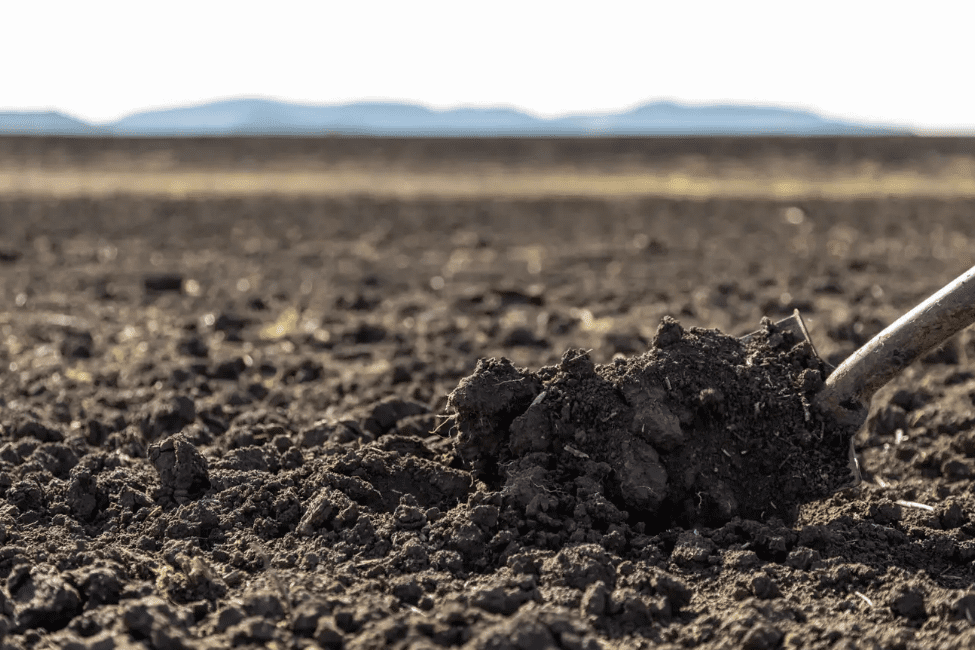
SOUTHERN Cross University (SCU) and the Environmental Analysis Laboratory (EAL) are inviting farmers and land managers across the country to participate in a Department of Agriculture, Fisheries and Forestry incentivised soil-sampling and analysis program.
Under the pilot Soil Monitoring Incentives Program (SMIP), the soil-analysis data can assist farmers to make informed decisions on land-management practices, while also being available to others for use through the Australian National Soil Information System (ANSIS).
Growers can receive $275 per sampling site, capped at $10,000 per ABN, towards the cost of soil sampling and analysis and sharing the data through ANSIS.
They can also receive assistance from Commonwealth-funded soil extension officers to interpret their soil-test results.
EAL’s senior manager of laboratory operations Graham Lancaster said participating in the soil-sampling initiative enables farmers to benchmark the carbon or organic matter of their farm soil and can even contribute to Emissions Reduction Fund projects.
“It’s really important we get farmers from across the country involved, and lots of them, so that in future those making policy decisions around soils will have relevant data for informed decisions,” SCU SMIP project officer Debbe Allen said.
“Currently, there is not enough quality data to make confident recommendations, and compared with the rest of the world, we are decades behind with this.
“It might cost farmers a little more money, but it might also save them significantly on ameliorants, if they know what nutrients their pastures and crops can already access below the top 10-centimetre layer.”
SCU is also looking for qualified agronomists across the country with soil-sampling experience to come on board to assist with delivering this program.
For more information on the program visit https://www.scu.edu.au/pilot-soils-program/.
The program ends on 30 June 2023, and is supported by funding through the Australian Government National Soil Strategy via its Department of Agriculture, Fisheries and Forestry.
Source: Southern Cross University

HAVE YOUR SAY